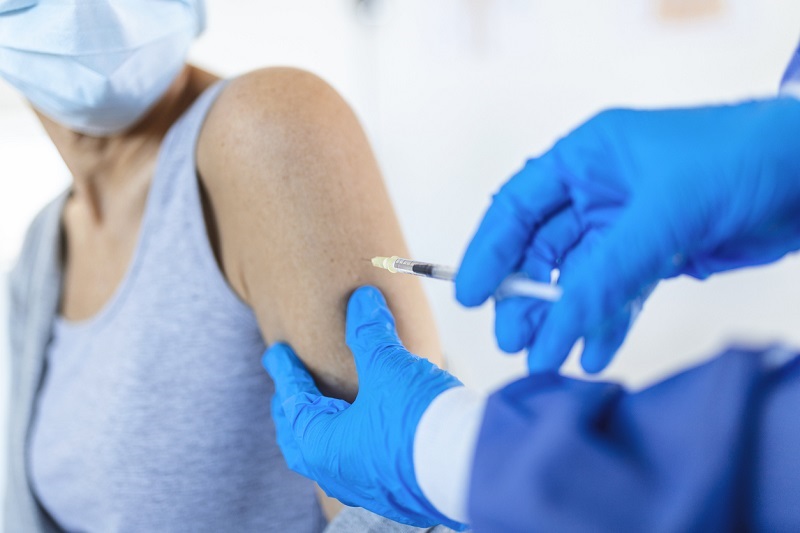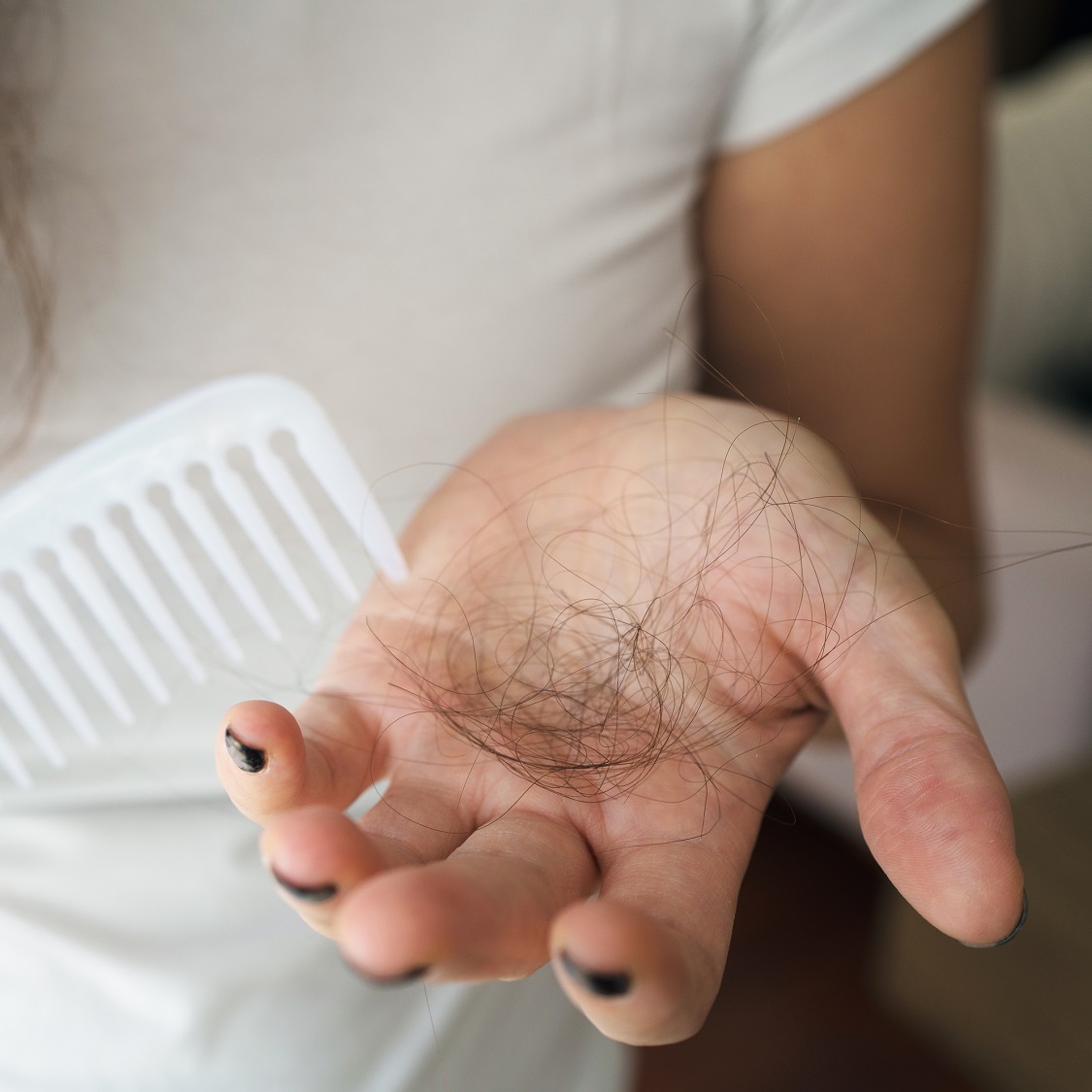

The two updated mRNA COVID vaccines, which became available in the U.S. in September 2023, provide much-needed protection as COVID cases started to tick up in the late summer. The updated vaccines—one from Pfizer-BioNTech and one from Moderna—are designed to target the latest variants—the XBB variants, which are currently the most common form in circulation.
“We need to start thinking about the COVID vaccine similarly to the flu vaccine – as the virus changes each year and immunity wanes, we need a new vaccine for protection every year,” says Jerry Zuckerman, M.D., vice president of infection control and prevention at Hackensack Meridian Health.
The Centers for Disease Control and Prevention (CDC) recommends that everyone 6 months and older get an updated vaccine to protect against the potentially serious outcomes of COVID-19 illness this fall and winter.
“While hospital stays and deaths related to COVID have thankfully slowed over the past year, people’s immunity has waned and the virus has continued to evolve,” says Dr. Zuckerman. “So it’s important that every person who is eligible receive one of these updated vaccines to help prevent serious disease.”
Who Should Get an Updated COVID Vaccine?
Even if you have received a COVID vaccine in the past, immunity wanes over time. On top of that, the new shots are designed to offer protection against the latest variants in circulation.
“That’s why it’s important to stay current with your COVID vaccination,” says Dr. Zuckerman. “If you’ve received a COVID vaccine in the past, it’s still providing you some protection. But receiving the latest available vaccine will help you ensure that your body can fight off the newest variants.”
Adults and children 6 months of age and older are eligible for the updated shots. “If you haven’t had a COVID vaccine in the past two months, it’s recommended that you get the update shot to protect yourself this fall and winter,” says Dr. Zuckerman.
If you are unsure whether you should get the latest COVID vaccine, talk with your doctor, or find a primary care doctor near you.
Should You Get the New Shot if You Recently Had COVID?
According to the CDC, if you recently tested positive for COVID, you can still choose to get the latest vaccine three months after the infection. “Even if you have received some level of immune boost from infection, the updated vaccine can further bolster your defenses against serious disease,” says Dr. Zuckerman.
Can You Get a Flu Shot and COVID Vaccine at the Same Time?
You can choose to receive the COVID vaccine at the same time as your annual flu shot. “It’s safe to get both at the same time,” says Dr. Zuckerman. “People might choose this for convenience sake.”
What Are the Side Effects of the Updated COVID Vaccine?
According to the CDC, the potential side effects from the updated COVID vaccine are similar to the previous vaccines:
- Pain at the injection site
- Fatigue or tiredness
- Muscle aches
- Headache
- Low-grade fever
“These potential side effects are usually mild, and go away in a day or two,” says Dr. Zuckerman.
Next Steps & Resources:
- Meet our source: Jerry Zuckerman, M.D., vice president of infection control and prevention at Hackensack Meridian Health
- To find a primary care doctor near you, call 800-822-8905 or visit our website.
Find a doctor near me

Surprising Signs You May Be Having a Heart Attack

How COVID-19 Affects Kids Long Term

Can COVID-19 Cause a Heart Attack?
